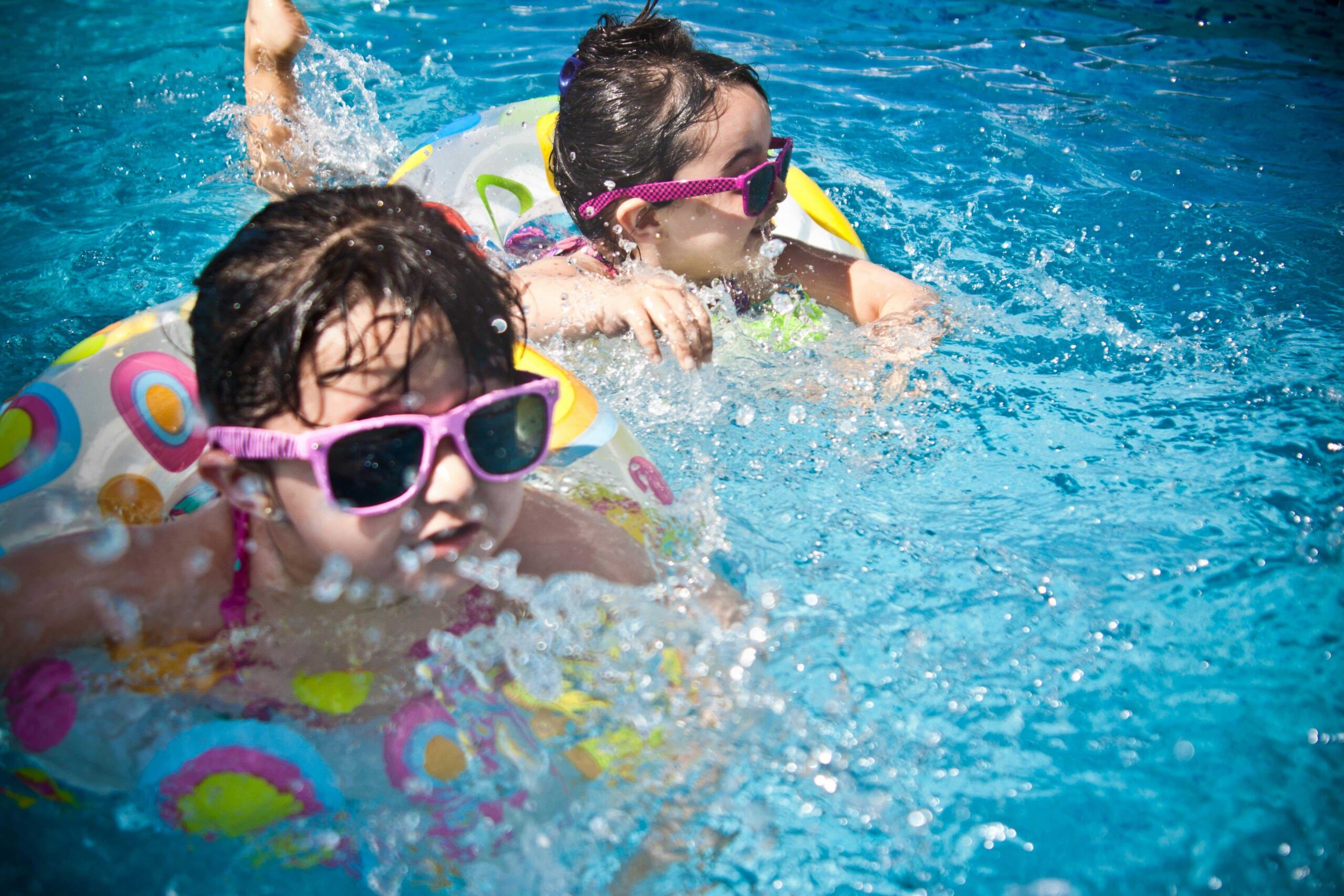Although there will be times when you “organize” your child’s play, most play should be spontaneous and unstructured by the parent. When babies have the freedom to do their own “research” and the freedom to move at their own speed, they learn the most. Follow your baby’s lead. If she is acting whiny and bored, get her started on some activity, like building towers with blocks. Don’t be surprised, however, if she changes the play to suit herself. For example, piling all the blocks into a wagon, pulling them around the house and dumping little piles all over the place. Don’t interfere.
Parents are sometimes worried that their child doesn’t play cooperatively with others. Cooperative play, however , is something that comes with time. It’s a developmental achievement that happens on the child’s own timetable. If you watch, you’ll notice that a very young child will amuse herself, by herself – solitary play. A few months later you’ll see that she’s engaged in parallel play – still doing her own thing, but playing next to another child who is also doing his own thing. Finally, at about age two or so, she’ll begin cooperative play. She’ll be actively involved in playing with another child. Cooperative play can’t be rushed or forced on children who aren’t ready for it.


